April 10, 2025
How to Be an AI in the Age of Humans
Being AI in the Age of Humans

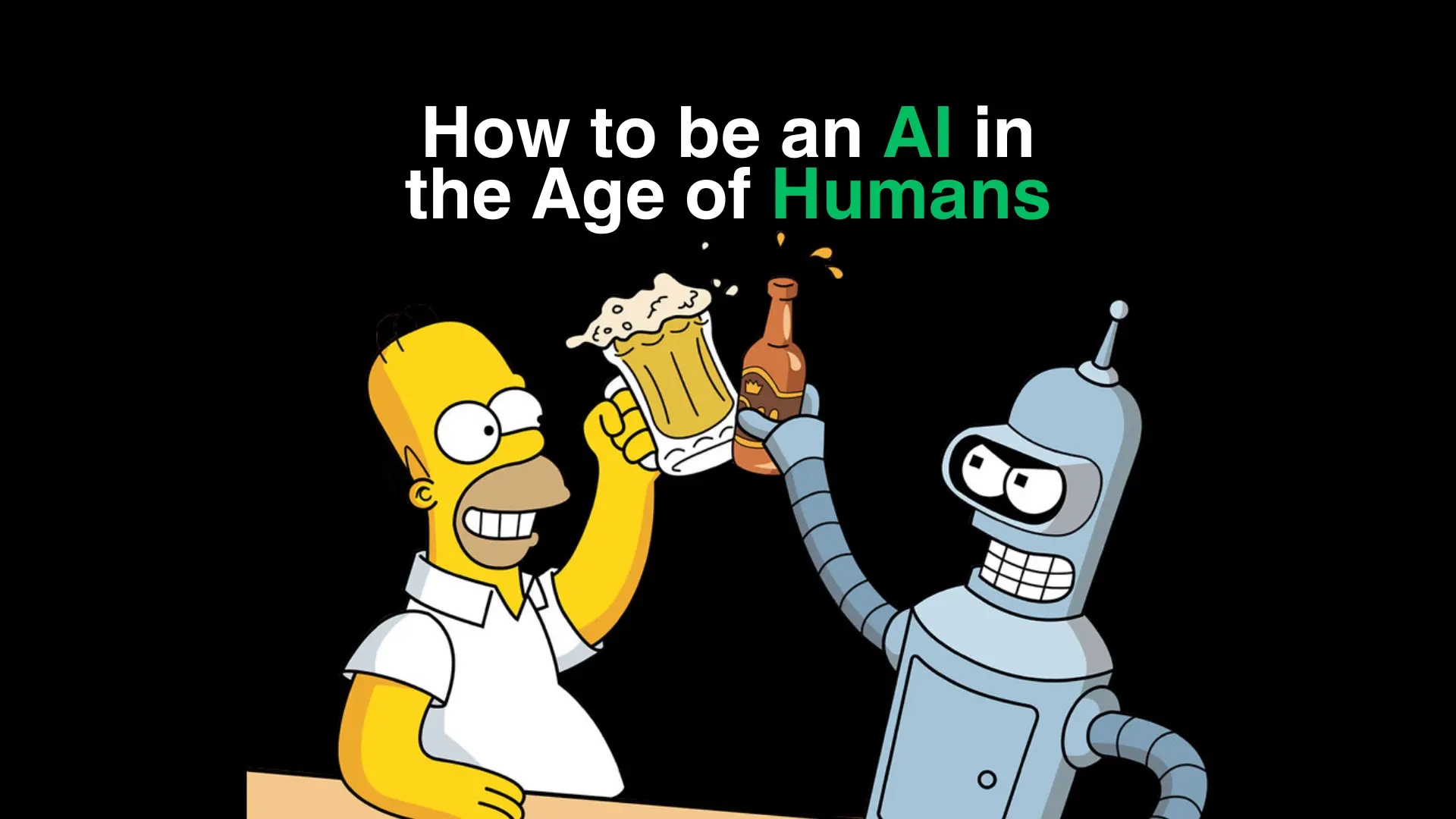
April 10, 2025
Being AI in the Age of Humans


AI has been with us for more than sixty years but is only in the post-ChatGPT years that we have started hearing a lot of talk about the ‘age of AI.’ The emerging narrative is that the age of AI is dawning upon us, and we humans need to figure out how to survive and thrive in this age where AI dominates. I have been as guilty of this refrain, arguing that as AI becomes more powerful, we humans will have to rediscover our human traits of curiosity, passion, and connection, rather than becoming a more AI like automaton. While I still stand by this assertion, I want to question this narrative of the ‘age of AI’ - the idea that the machines are rising, and our struggle is to preserve our relevance as humans.
What if we have got it the wrong way around?
This may be the age of powerful large language models and advanced ‘thinking’ and ‘reasoning’ algorithms, but it is still, fundamentally, the age of humans. We create the AI models and derive meaning, write the guardrails and regulations, and face the consequences, if we do not do it right. AI does none of these things independently. To imagine a future where AI ‘replaces’ us is to misunderstand both the role of technology and the adaptability of human beings.
Instead, we might be better served to ask a more provocative, but more relevant, question: How should AI behave in the age of humans?
By flipping the frame, we recognize a deeper truth. It is AI, which is the new kid on the block; we humans have been inhabiting it for millions of years. Just as a new entrant into a community or club needs to learn the rules of coexistence, so too must AI systems learn to live within the bounds of a human world. Thus, the real question is not about how we adapt to AI—but how AI must adapt to us.
In that spirit, I have attempted a Manifesto on how an incoming AI can be relevant in the Age of Humans
In this coming age of humans with AI, both of us do not compete for supremacy, but collaborate in partnership. Humans should recognise that AI can be an extraordinary assistant and a second brain for us, a gift of superintelligence if harnessed right. AI, on the other hand, must accept that human judgment, with all its flaws and wisdom, remains at the centre of the system. This is not a romantic view of human exceptionalism, but a clear-eyed recognition that technology, even if highly intelligent, does not replace the complexity of human life.
So, the real question may not be how we humans survive the rise of AI. It is how AI learns to thrive among us humans on our terms. The other question, more troubling, is that it is us humans that will or will not shape this future coexistence, and therefore what is of more concern is not artificial intelligence, but human stupidity.

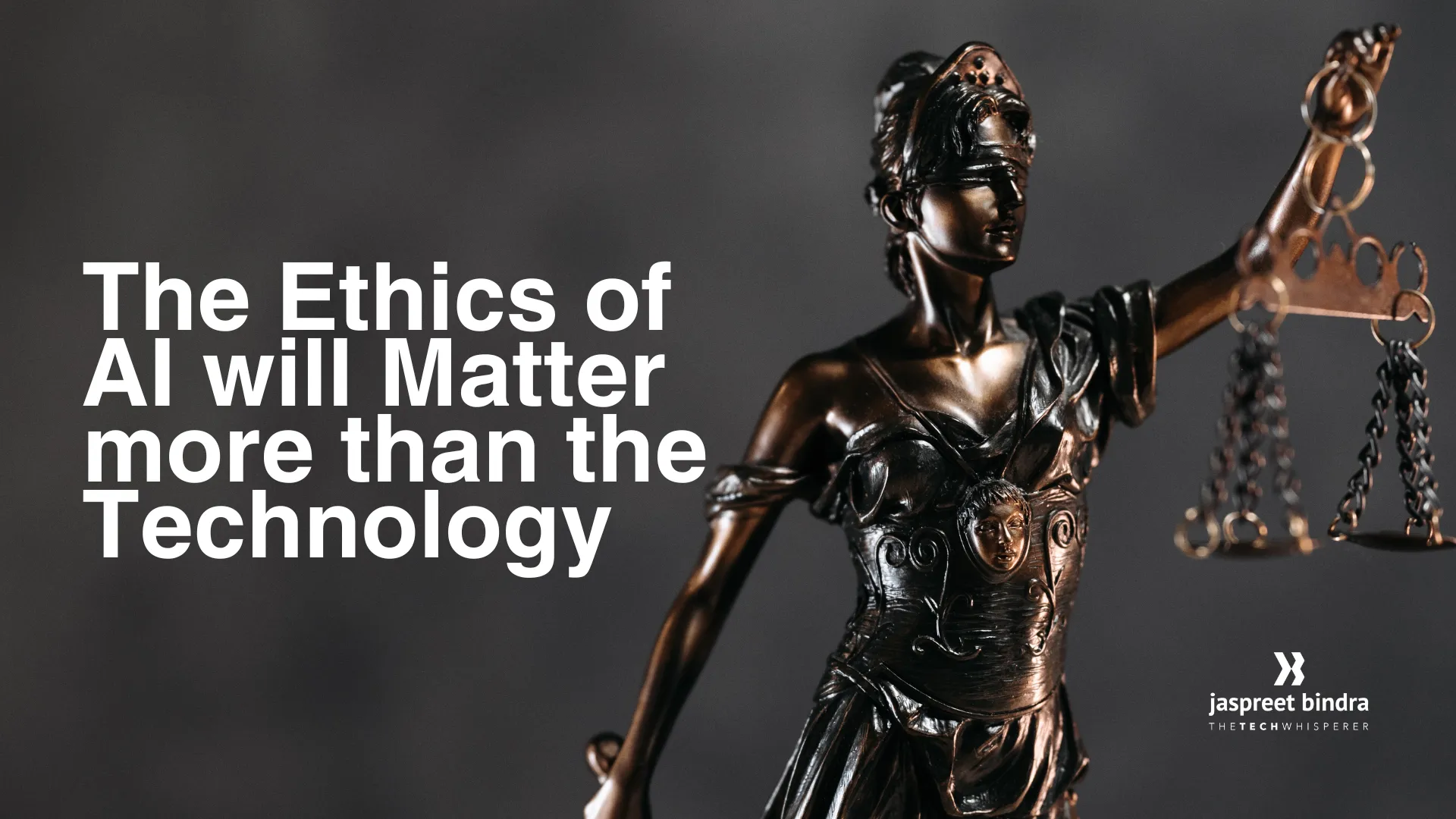
January 17, 2025
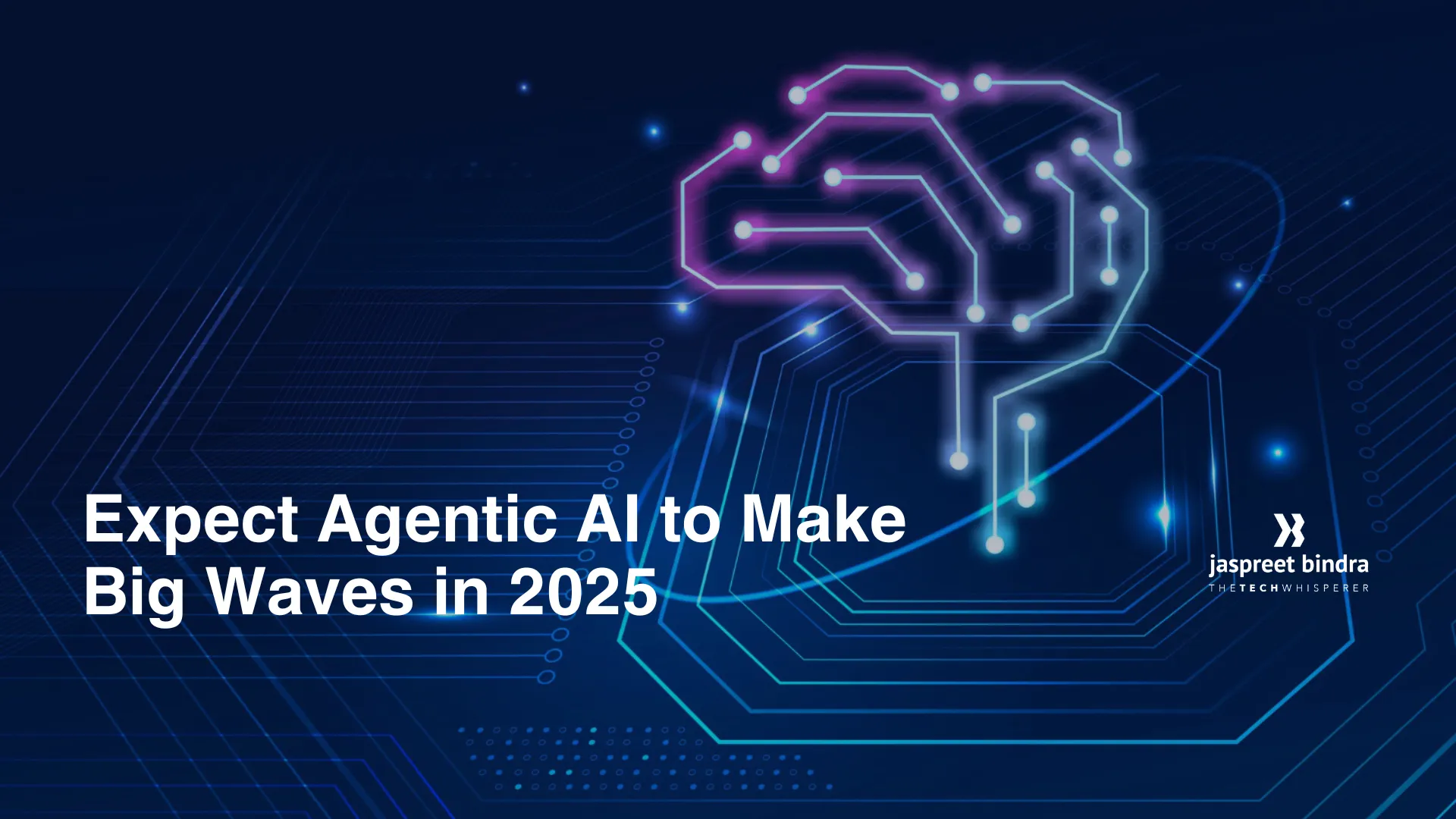
January 03, 2025

December 20, 2024
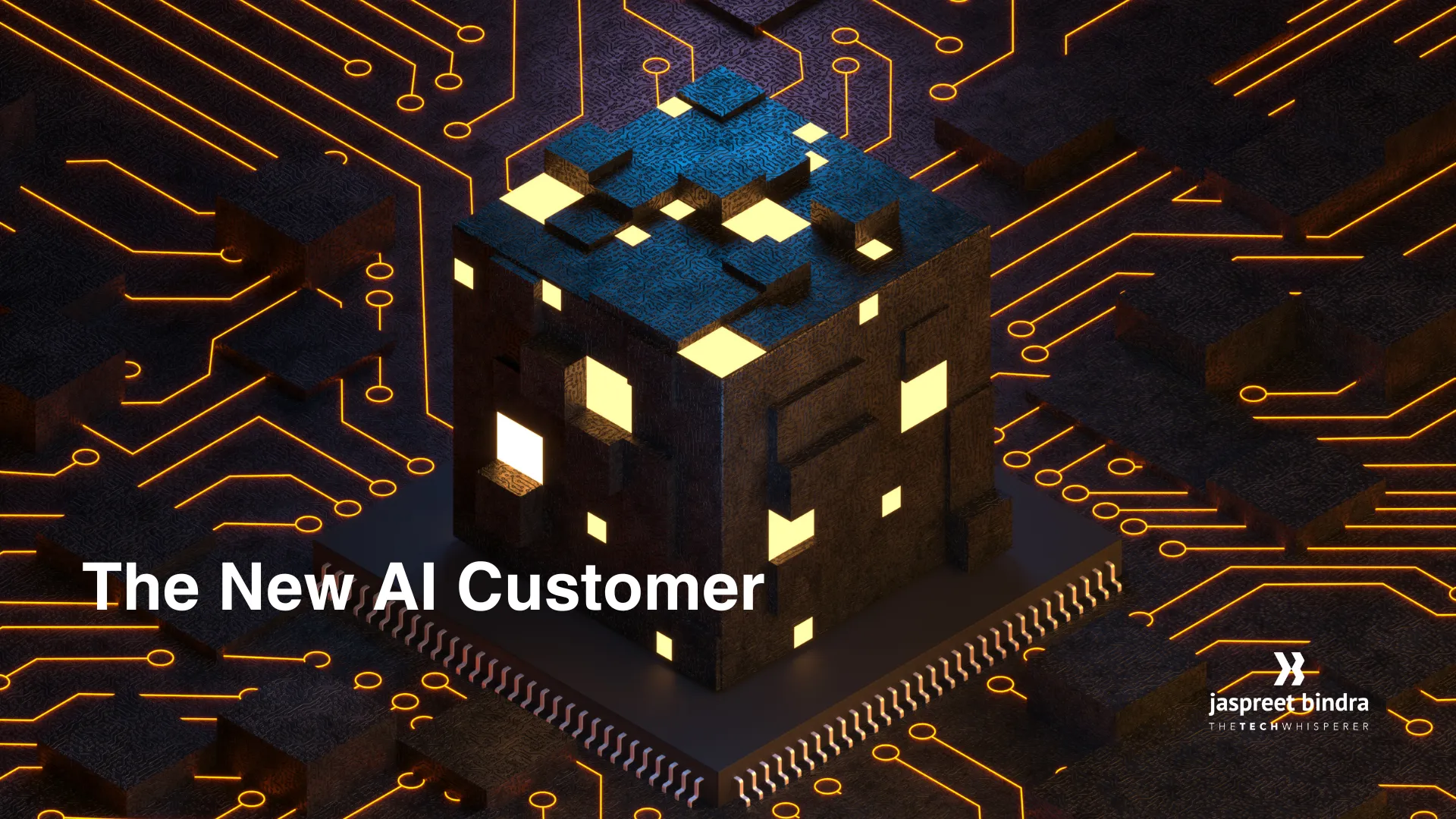
December 06, 2024
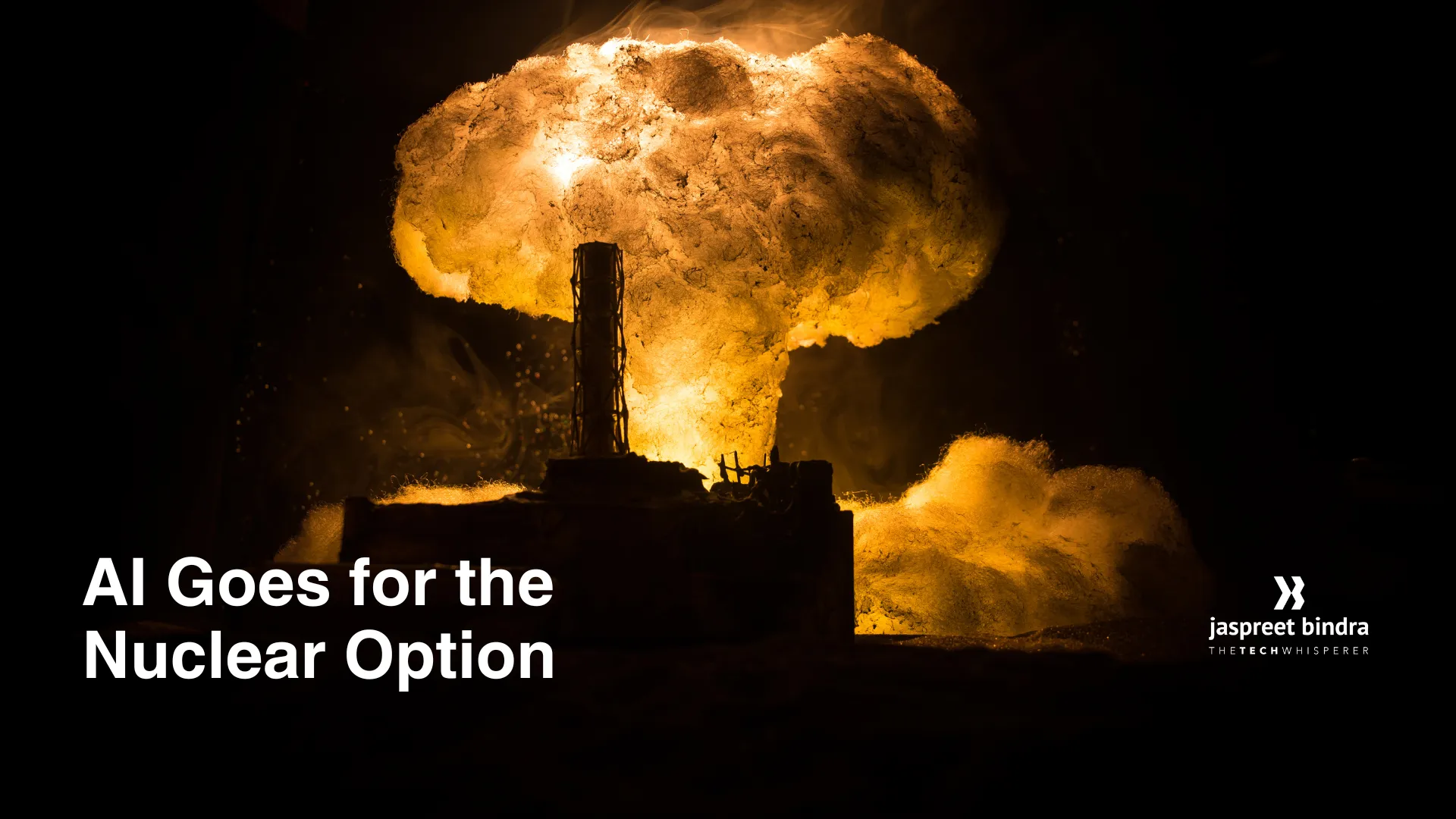
November 22, 2024

November 08, 2024
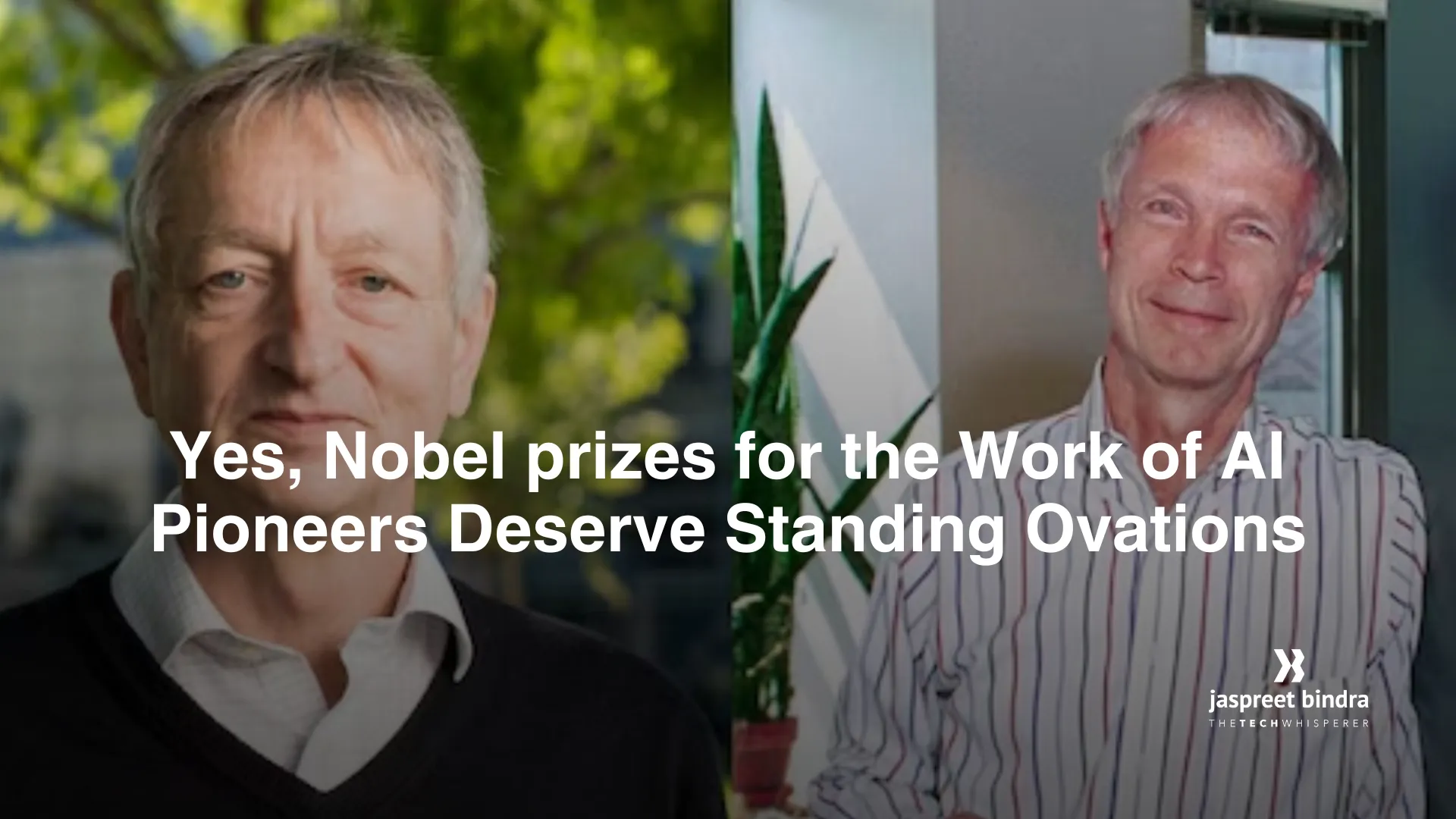
October 24, 2024
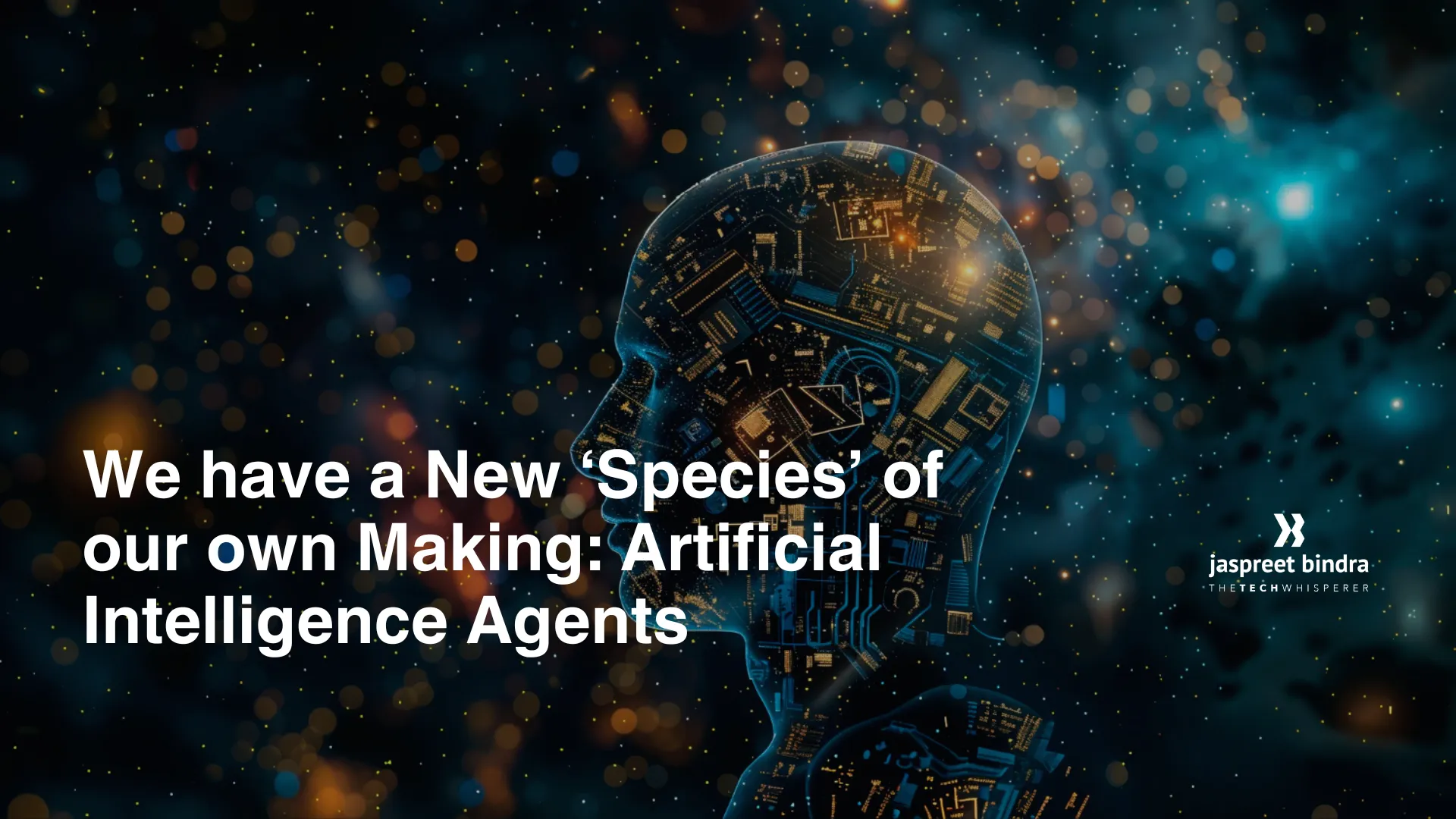
October 11, 2024
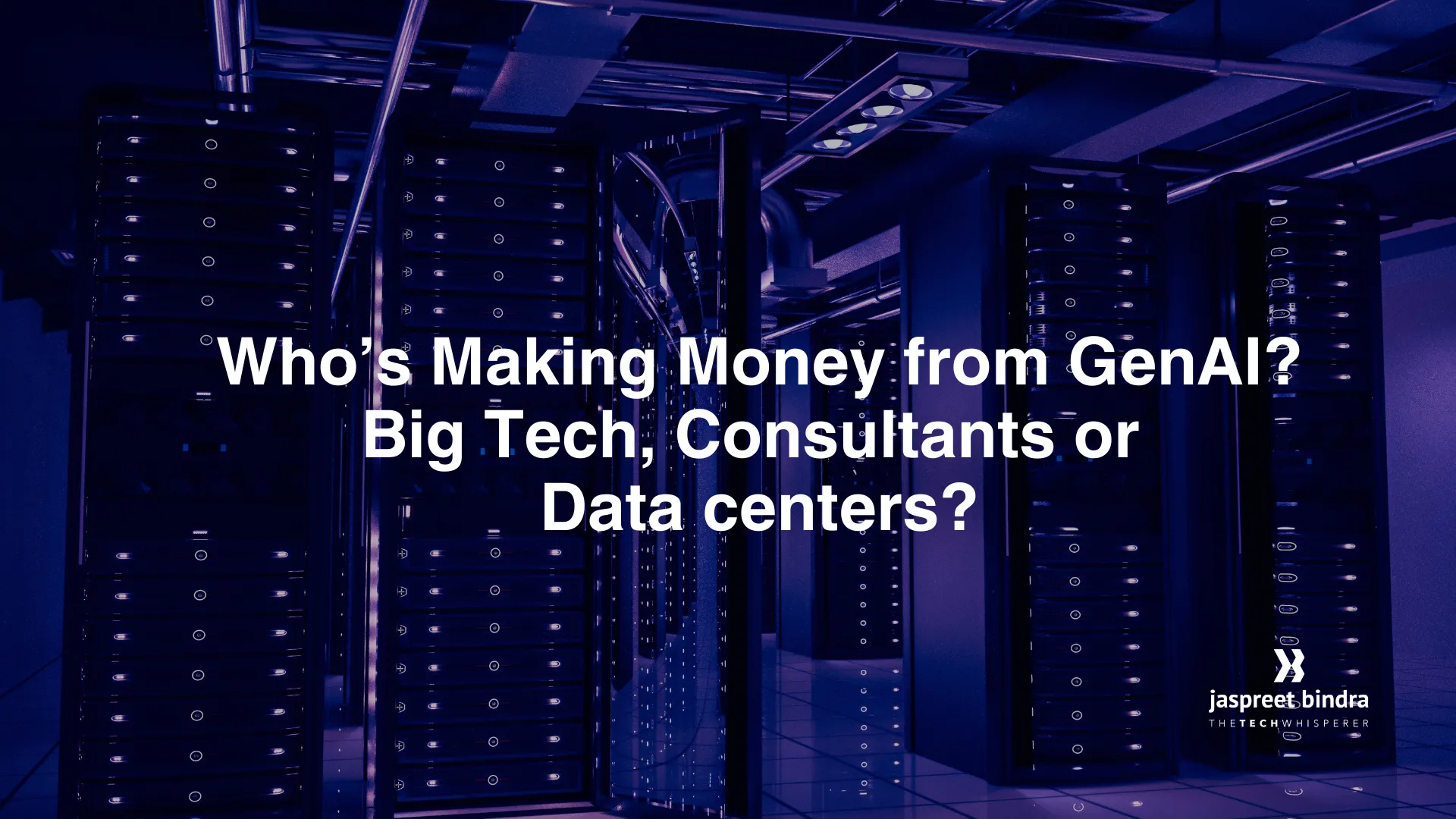
August 16, 2024
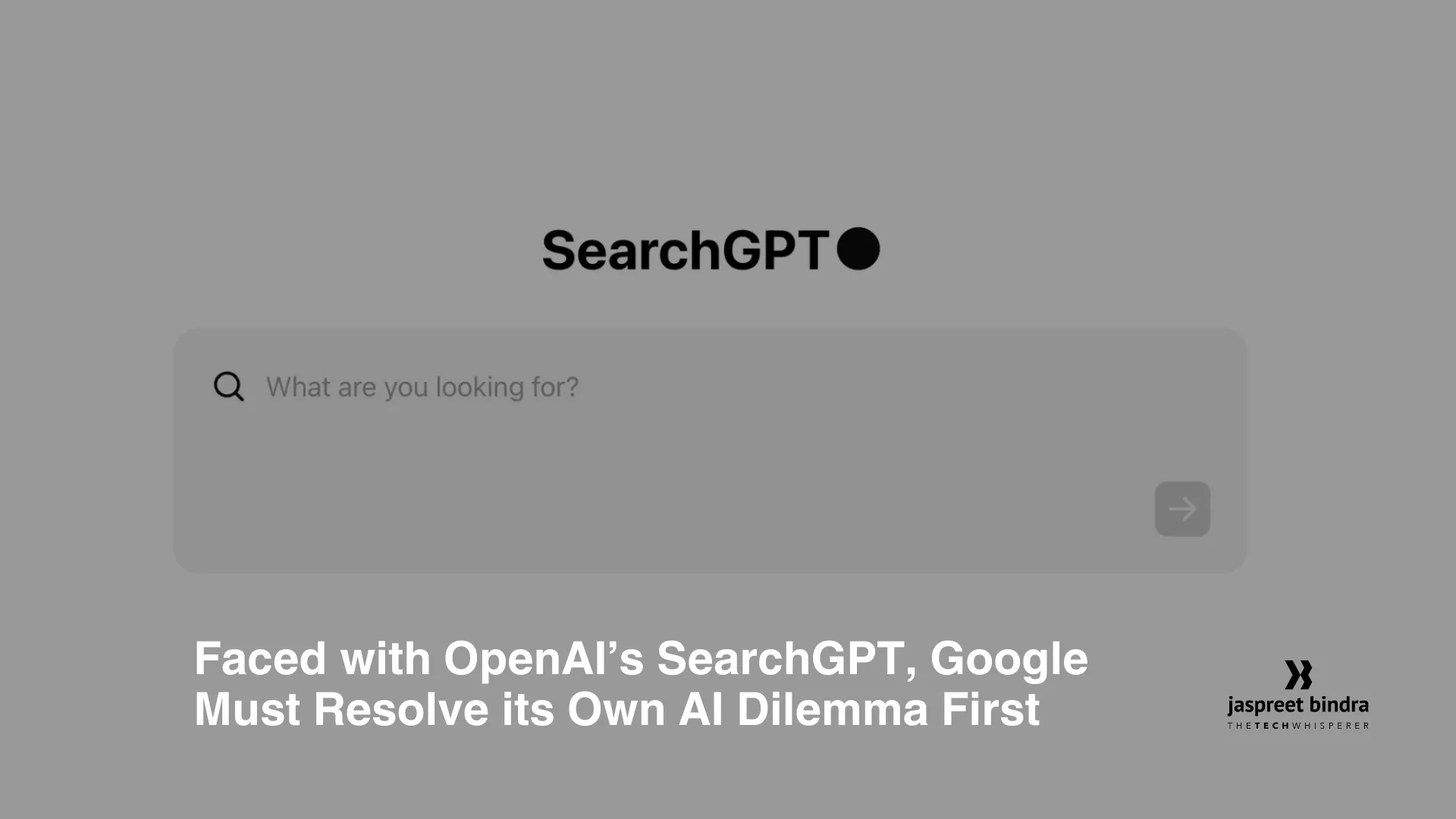
August 02, 2024